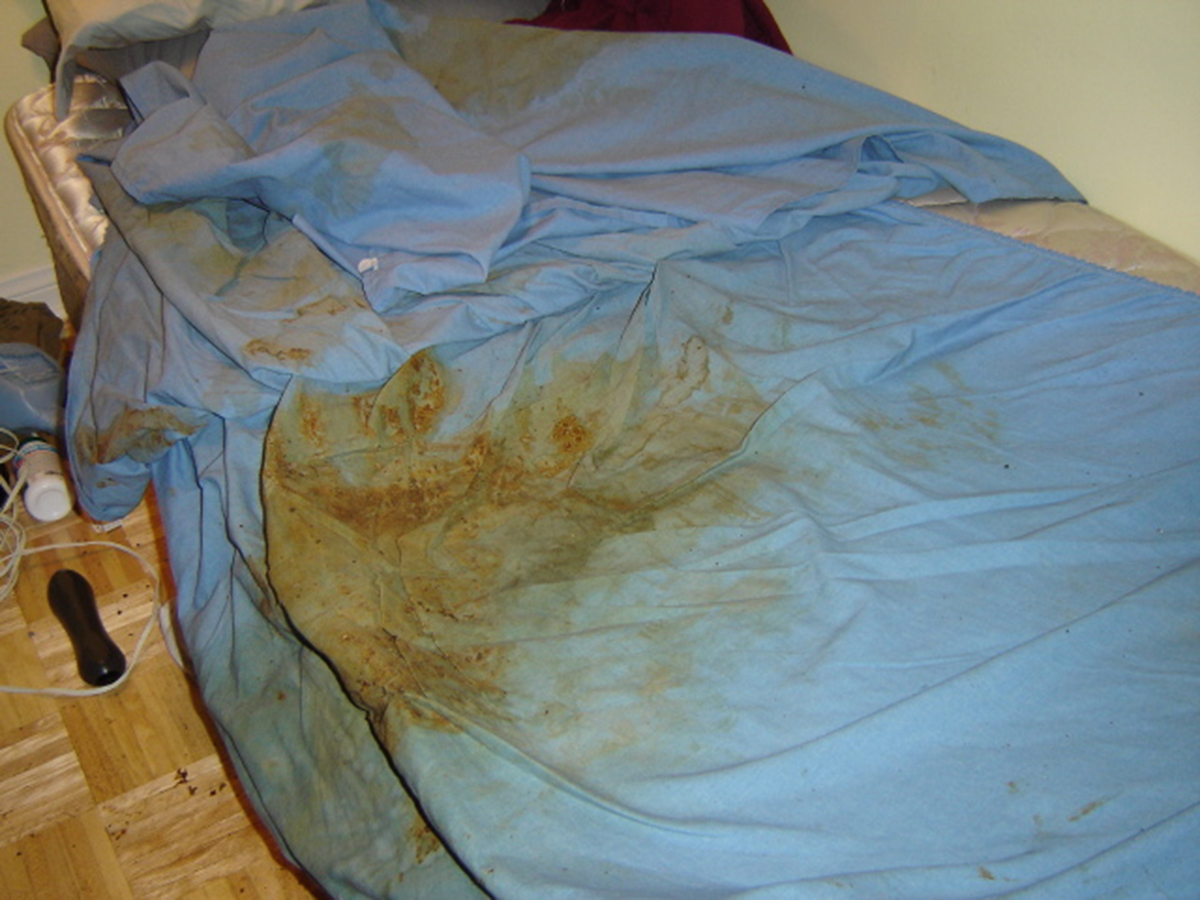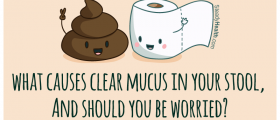
There are not that many people who are unaware of have never heard of fecal incontinence. Every person can end up suffering from fecal incontinence but children are more prone to it. That is why it is important for the parents to get to know what they can do in order to be able to help their children.
Definition of fecal incontinence
First of all, people should know that fecal incontinence was at first known as soiling and encopresis and only recently these terms were replaced by fecal incontinence. People who do not know what fecal incontinence is should know that it is a case when the stools pass into the places which are considered not to be appropriate. People should also be aware of the fact that fecal incontinence can be either functional or organic. According to the certain data, almost every case of fecal incontinence is considered to be functional constipation with overflow. Only in 5% of all cases the origin is organic. If the origin is organic, then it occurred due to some neurological damage through the trauma or due to certain conditions like anal sphincter abnormalities for instance.
The experts have divided functional fecal incontinence into two categories and they are constipation-associated fecal incontinence and non-retentive fecal incontinence.
There are a lot of signs which point to chronic constipation and a person is considered to be suffering from it if at least two of the signs are present during a period of 56 days. Some of these most common symptoms of chronic constipation are less than three bowel movements within a period of 7 days, at least one episode of fecal incontinence within the same period, the presence of huge stools in the rectum and painful defecation. Apart from these, the parents may notice some other signs like the production of huge stools which obstruct the toilet and certain signs in the child’s posture that he or she is withholding the stools.
A child who is diagnosed with non-retentive fecal incontinence is diagnosed because he or she passes the stools in inappropriate places even though he or she is of mental age of four years old or older and has no record of constipation in the past. It is not uncommon for certain emotional factors such as anxiety for instance to be the cause of these kind of accidents. A child is highly likely to pass the stool in an inappropriate place if he or she did not receive proper toilet training.
Parents should know that the child will be reluctant to pass the stool if they cause pain or difficulty. If that happens, the child will pass large stool infrequently and that may lead to anal tears.
Effects on the Child and Family
In a lot of cases both parents and children believe that they are the ones to blame for fecal incontinence and that is why this problem is often considered to be a behavioral one. Due to this fact the children are embarrassed and that feeling leads to avoidance of social situations and isolation in a lot of cases. It is not uncommon for the entire family to become isolated as well.
There are a lot of parents who do not know who to turn to if this kind of a problem occurs. This is why the role of school nurse is very important. The school nurse should be able to answer all the questions that parents might have and guide them properly through the difficult period. The nurse will also be able to help the parents and children throughout the entire treatment program as well. Before the treatment is conducted, the pediatrician will perform a physical exam in order for the other causes to be excluded and for any underlying constipation to be discovered.
Treatment
Parents should know that there is one treatment plan that is mostly followed and that includes the clearance of impacted bowel with the usage of oral laxatives. Apart from that, the treatment will include the prescribed dose that is needed for the prevention of any problems of constipation in the future and an established regimen of toilet and diet in order for the child to be able to pass the stools regularly. Parents should be aware that there is a strong chance that the treatment plan will have some setbacks. However, the school nurse should be able to help in these situations and provide the needed encouragement. If the treatment is stopped, the child will start all over again with the problem of constipation as it will show up again.
When laxatives are considered, parents should know that there are five main types of it. These types are Iso-osmotic agents, faecal softeners, Osmotic laxatives, Stimulant laxatives and bulking agents. It is important that the parents do not forget how to use these laxatives properly. It is important that the dosage is a right one in order for the bowel to be cleared properly.
Data
According to the data, chronic constipation is the underlying cause in 25% of all pediatric gastroenterology outpatient clinics.

















Your thoughts on this
Loading...